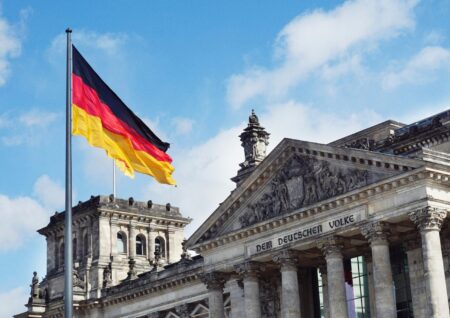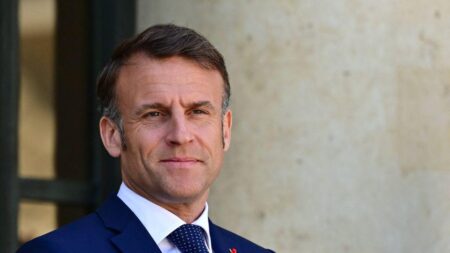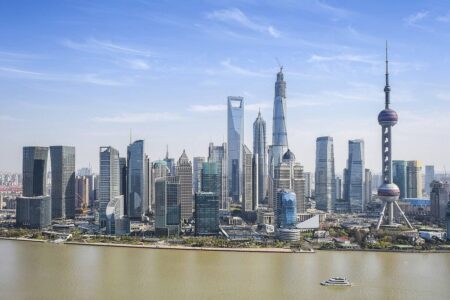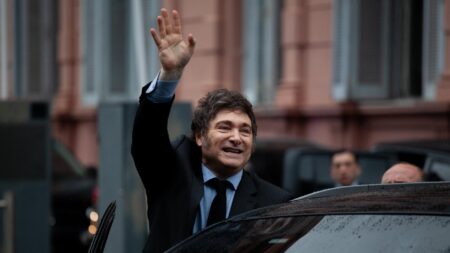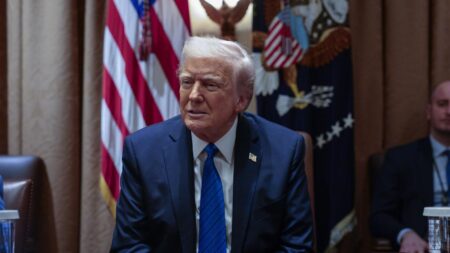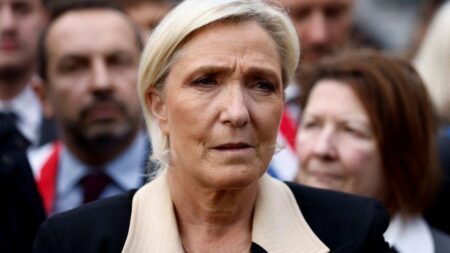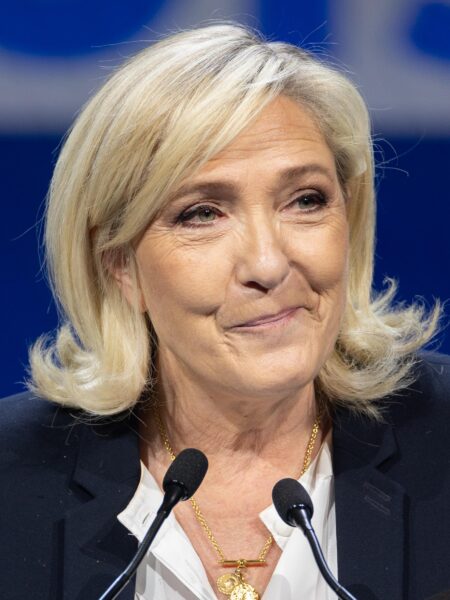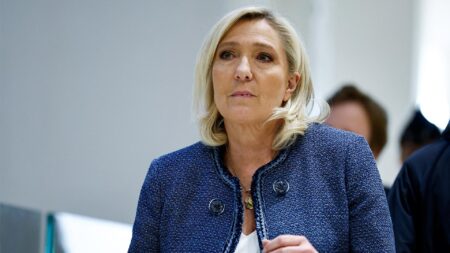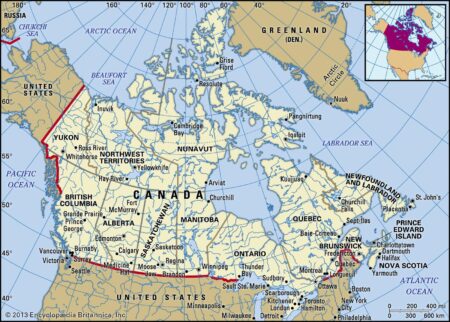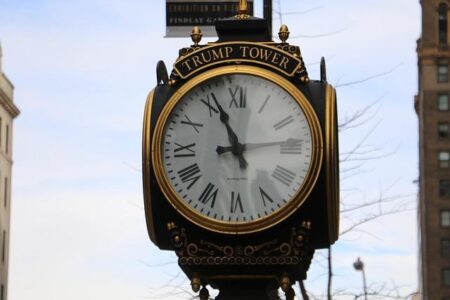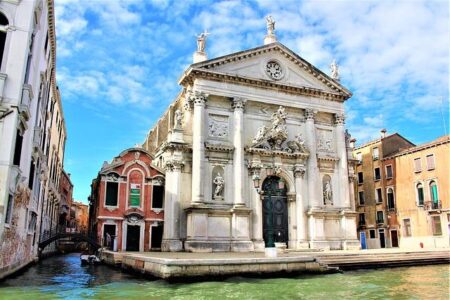In a significant shift in German politics, the far-right Alternative for Germany (AfD) has topped the polls for the first time, posing a challenge to Chancellor-in-waiting Friedrich Merz. This development signals rising support for nationalist sentiments amid national debates.
Browsing: nationalism
French President Emmanuel Macron announced that France may formally recognize a Palestinian state as early as June. This potential recognition aims to reaffirm France’s commitment to a two-state solution amid ongoing tensions in the region.
Life in Shanghai, China’s bustling commercial hub, continues amid a backdrop of rising anti-US sentiment. As local businesses adapt to shifting geopolitical tensions, residents express growing frustrations over US policies, impacting social dynamics and commerce.
Javier Milei, Argentina’s newly elected president, is facing criticism for his efforts to reshape the nation‚Äôs historical narrative in a bid to attract foreign investment. Analysts warn that such moves could undermine Argentina’s cultural identity and heritage.
The Alternative for Germany (AfD) has surged to prominence, becoming the country’s most popular party amid rising concerns over immigration and economic instability. Analysts attribute this momentum to a growing discontent with traditional political parties and their handling of pressing issues.
In a recent statement, Argentine presidential candidate Javier Milei asserted that Falkland Islanders would ultimately “prefer being Argentine.” His comments reignite the longstanding sovereignty dispute over the disputed islands, stirring fresh debate in the region.
Former U.S. President Donald Trump has publicly endorsed France’s far-right leader Marine Le Pen following her recent conviction in a defamation case. This support underscores Trump’s continued alignment with nationalist movements in Europe as they seek electoral success.
In a recent statement, Javier Milei emphasized that Argentina’s sovereignty claim over the Malvinas Islands is integral to positioning the nation as a regional power. He argued that reclaiming the islands is essential for national pride and economic strength.
The recent court verdict against Marine Le Pen has sparked outrage among far-right factions in France and beyond. Supporters claim the ruling exemplifies political bias, while critics view it as a critical step towards accountability for populist leaders.
Marine Le Pen’s recent ban from public office has intensified divisions within French society. Supporters view it as a crucial step against extremism, while opponents argue it undermines democratic discourse, deepening the nation’s political rift.
The upcoming joint World Cup bid from the US, Canada, and Mexico faces challenges amid rising tensions. Tariffs and threats of designating one country as the “51st state” are straining cooperation, casting a shadow over what was once a symbol of unity.
In‚ÄĆ a notable‚Äć turning ‚Ā£point in French ‚Äčpolitics, Marine ‚ĀĘLe Pen, ‚ÄĆthe controversial ‚Äćleader ‚Ā£of the National Rally party, has…
In his latest commentary, Fabiano explores the controversial notion that undermining Canada could foster a sense of national pride and superiority in the U.S. He delves into the complexities of nationalism and the implications of fostering divisive rhetoric.
Italy’s Prime Minister Giorgia Meloni faces a delicate balancing act as she navigates her allegiance to former President Trump while maintaining her responsibilities to European unity. This dilemma highlights the complexities of national and international politics in a shifting landscape.
In “Opinion | Trump‚Äôs bullying is turning Canada from friend to foe,” The Washington Post explores how aggressive rhetoric and policies from the Trump administration have strained U.S.-Canada relations, shifting perceptions of allyship into conflict.
In the 1930s, a bold movement sought to merge the US, Canada, and Greenland, envisioning a unified North America. This initiative highlights historical aspirations for regional cooperation, echoing modern discussions on trade, environmental challenges, and cultural ties.
In a recent tirade, former President Donald Trump directed his ire toward Canada, describing its leaders with “the eyes of a predator.” The comments, reflecting ongoing tensions, highlight Trump’s confrontational approach to international relations and border policy.
France has issued a symbolic call for the return of the Statue of Liberty to its European roots, emphasizing its significance as a beacon of freedom. However, experts suggest that political, cultural, and legal complexities make such a restoration unlikely.
The grave of 17th-century Mughal emperor Aurangzeb has become a contentious symbol in India, igniting debates over religious identity and historical legacy. As tensions rise, the site reflects broader societal divides and the challenges of reconciling the past with modern values.
As perceptions shift, Canada’s traditional alignment with US exceptionalism is diminishing. This trend reflects growing skepticism about American values and policies, prompting Canada to seek a more independent global stance and redefine its own national identity.

